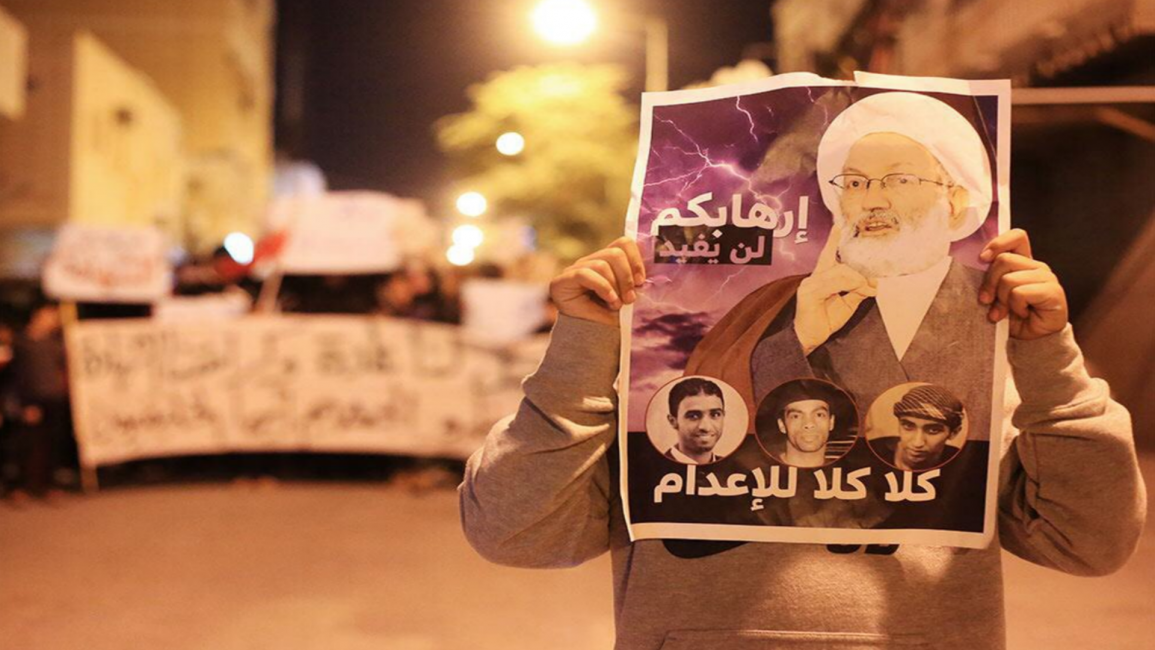Building torched as Bahrainis protest executions
Bahrain's interior ministry said that the fire at the Northern City Hall appeared intentional.
Tensions in the Sunni-ruled kingdom have been on the rise since the three men were executed by firing squad on Sunday, a move that drew international condemnation.
The Shia majority in Bahrain, which has been ruled by the al-Khalifa dynasty for more than two centuries, has long complained of marginalisation. The country had been rocked by sporadic unrest since 2011.
The building was torched overnight Monday in Shamalia, a Shia area of Aali, south of the capital Manama. However, the interior ministry did not explicitly link the incident to the executions.
"According to initial reports, the fire was intentional," the ministry said on Twitter, adding that it had been brought under control.
Protests broke out on Sunday after the executions, reportedly the first carried out in Bahrain in six years.
Demonstrators blocked roads with burning tyres and threw firebombs, and police retaliated by firing tear gas, according to posts on social media.
The confrontations continued overnight, with dozens of men and women marching through the streets of the village of Sanabis chanting slogans against the al-Khalifa dynasty, according to witnesses.
Demonstrators tried to reach the main street of Sanabis, the hometown of the three executed men, but were blocked by security forces.
Bahrain's High Court last week upheld the death sentences against the trio convicted of a bomb attack in March 2014 which killed three policemen, including an officer from the United Arab Emirates.
Seven other defendants received life terms.
The executions were criticised by international rights groups, as well as Britain and the European Union.
It has faced frequent criticism for cracking down on moderate Shia opposition leaders, including for the jailing of opposition chief Sheikh Ali Salman, who is serving a nine-year sentence.
Authorities have dissolved Salman's Al-Wefaq movement, once the largest bloc in Bahrain's parliament, and repeatedly arrested and detained other opposition leaders, including Nabeel Rajab, the founder of the Bahrain Center for Human Rights.
Rights group Amnesty International condemned the executions as "a dark day for human rights in Bahrain".
"The fact that this execution was carried out after an unfair trial and despite claims from the men that they were tortured in custody makes this news even more shocking," it said in a statement.



![Trump's warm greeting to Netanyahu contrasted with Kamala Harris's critical reception [Getty]](/sites/default/files/styles/image_330x185/public/2024-07/GettyImages-2162908988.jpg?h=69f2b9d0&itok=OLc5dL88)